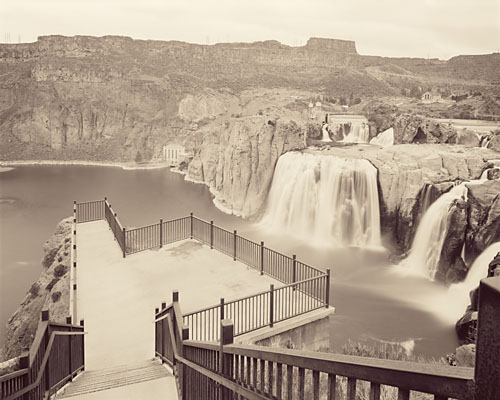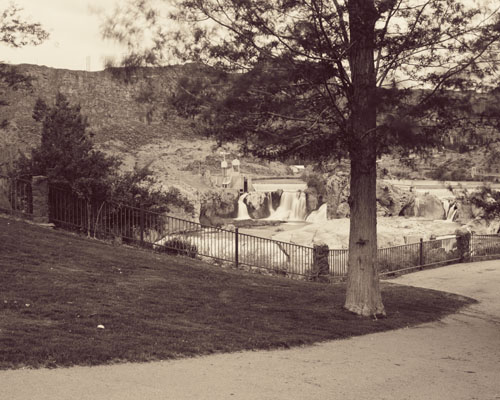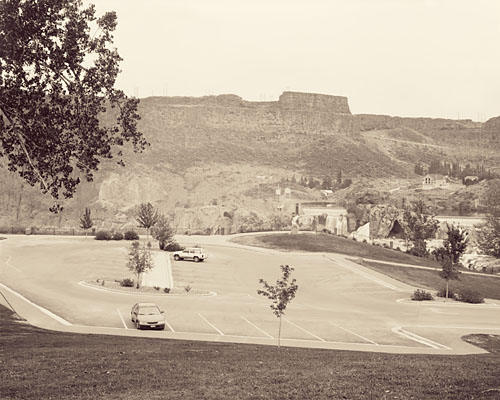The current issue of Orion, one of my favorite magazines, features “World Without Violets,” a scary little essay by Robert Michael Pyle.
A mother in Britain discovered that the editors of the current Oxford Junior Dictionary, in their zeal to bring this little dictionary for children up to date, had removed a long list of words dealing with nature in order to make room for words like “broadband,” “bungee jumping” and “chat room.”
Pyle writes about the universe the editors of the Dictionary have created for the current generation of children who would use it:
It is a world without violets. Spring comes unannounced by catkins and proceeds without benefit of crocuses, cowslips, or tulips. Summer brings no lavender, melons, or nectarines, and autumn is absent of acorns, almonds, and hazelnuts. Winter must be endured without the holly and the ivy, the wren or the mistletoe.
So, suddenly bungee jumping–how retro-80s is that concept?–is more important than tulips, broadband more necessary for children to know about than melons, and chat rooms more of our real world than holly.
If someone decides that we don’t need a word for something, does that something cease to exist? Not really. But what kind of mindset decides that children don’t need to know about their natural world anymore? I was disturbed.



